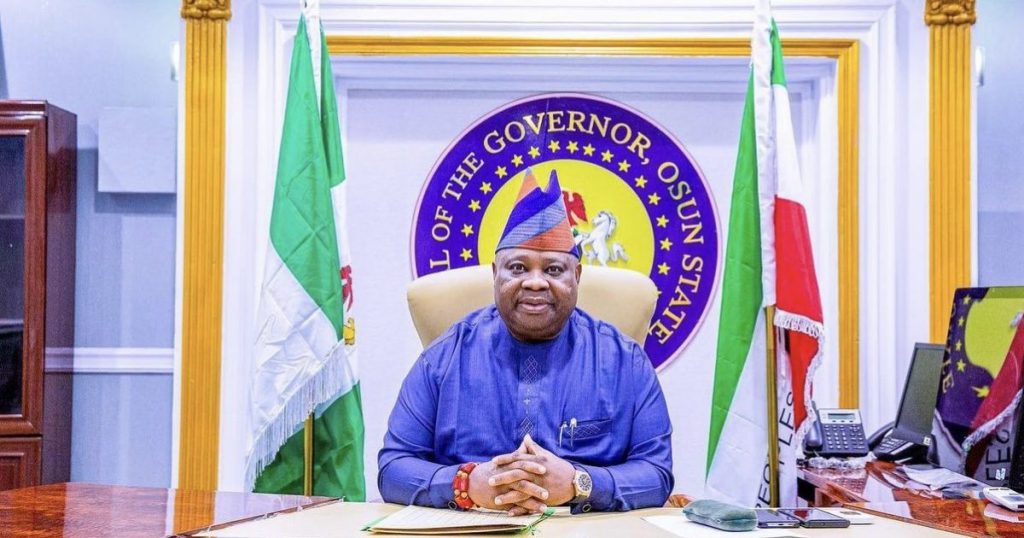The All Progressives Congress (APC) in Osun State has initiated legal action against Governor Ademola Adeleke and the Osun State Independent Electoral Commission (OSSIEC) regarding the disqualification of 19 APC candidates from the upcoming local government elections. This suit has been filed in the form of a lawsuit numbered Hos/184/2024 and represents not just the political party but also the individuals affected by this controversial decision. The Attorney General of Osun State, Oluwole Jimi-Bada, has been named as a co-defendant. The plaintiffs argue that the OSSIEC’s refusal to acknowledge substitutions for the disqualified candidates is unjustified and legally flawed, thus moving to contest the legitimacy of the electoral process leading up to the elections scheduled for February 2025.
The context of the case revolves around the claimants’ frustration over the electoral commission’s actions that they believe infringe upon their rights to participate in the elections. In the documented claims, the candidates seek judicial intervention to declare the sequence of events leading to the elections illegal, asserting that OSSIEC’s decisions lacked the necessary legal backing and were procedural missteps. The APC and the candidates are demanding a hefty compensation in damages, amounting to 100 million Naira, alongside a written apology for the perceived public humiliation and trauma stemming from their disqualification. This legal pursuit underscores the fraught atmosphere surrounding the electoral processes in Osun State, which have been characterized by disputes and allegations of political maneuvering.
In the legal motion dated October 18, 2024, the APC candidates contest that a vital local government and area council election tribunal has not been established, thereby thwarting their ability to address pre-election grievances. The failure to constitute such a tribunal curtails their right to challenge OSSIEC’s decisions in court, illustrating a procedural gap that has significant implications for electoral fairness and transparency. The candidates argue that this gap has effectively stripped them of legal recourse and undermined the integrity of the forthcoming elections, rendering OSSIEC’s actions premature and potentially unlawful according to stated regulations.
Central to the claims are queries regarding the legality of OSTIEC’s modified notice on the upcoming elections, which was published on February 19, 2024. The plaintiffs question whether the commission possesses the authority to alter an already issued notice in the midst of the electoral schedule. They invoke specific sections of the Osun State Electoral Commission Law, suggesting that OSSIEC’s approach not only contravenes legal frameworks but further violates Supreme Court provisions regarding electoral processes. This legal scrutiny is critical as it touches on fundamental principles of electoral law and governance, particularly concerning the rights of candidates.
The plaintiffs are calling for the court to affirm their position by declaring OSSIEC’s actions as legally invalid and consequently nullifying any steps taken based on these modifications. Should the court favor the plaintiffs, it could result in significant ramifications for the electoral commission’s procedures and overall governance in the region. The legal proceedings not only challenge the decisions made by OSSIEC but also underscore the contentious nature of political contests in Nigeria, where electoral integrity and fairness are often questioned.
In summary, the APC’s legal challenge in Osun State is emblematic of broader issues in Nigeria’s electoral landscape, where claims of injustice and procedural irregularities frequently arise. The outcome of this case could influence candidate participation rights, electoral commission authority, and potentially set precedents for how electoral disputes are handled in the future. Through this legal avenue, the affected candidates hope to secure not only a reinstatement of their eligibility to run in the elections but also advocate for a more transparent and legally compliant electoral process, reflecting their commitment to democratic principles and fair representation.














